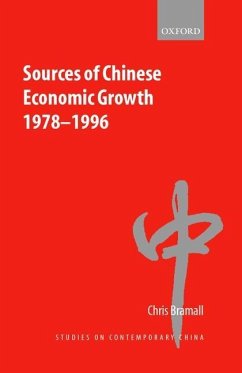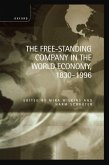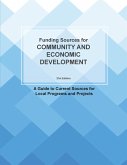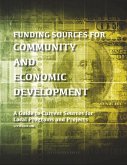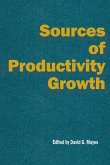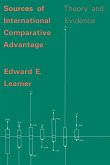This analysis of the political economy of growth in the era of Deng Xiaoping takes issue with the growth-accounting methodologies and market-centred explanations which characterize so much of the literature on transition-era China. By adopting an approach which echoes the pioneering work of Chalmers Johnson, Alice Amsden, and Robert Wade on other East Asian Economies, and which makes full use of the rich statistical materials that have become available since 1978, this book shows that Chinese growth was driven by a combination of state-led industrial policy and the favourable infrastructural legacies of the Maoist era. And in giving due weight to the sheer complexity of the growth process by looking in detail at the experience of four very different Chinese regions, it avoids over-simplistic macroeconomic generalization. Nevertheless, even this type of approach is inadequate, because it fails to explain why industrial policy has been so much more successful in China than in other countries. This book therefore goes beyond the 'development state' approach to argue that state autonomy in China reflected the remarkably equal distribution of income and wealth at the end of the 1970s and, paradoxically, the destruction of party structures and institutions during the Cultural Revolution. The policy implications are stark. The Chinese experience demonstrates that industrial policy and state spending on physical and social infrastructure can produce rich rewards; conversely, slavish reliance on foreign direct investment and trade are likely to limit the pace of growth. But attempts to replicate China's success in Latin America, sub-Saharan Africa, and South Asia will fail because their governments will not resist rent-seeking by classes and interest groups. Moreover, as the state becomes weaker in the wake of the re-emergence of a powerful capitalist class, even Chinese growth may prove unsustainable.
Bitte wählen Sie Ihr Anliegen aus.
Rechnungen
Retourenschein anfordern
Bestellstatus
Storno

